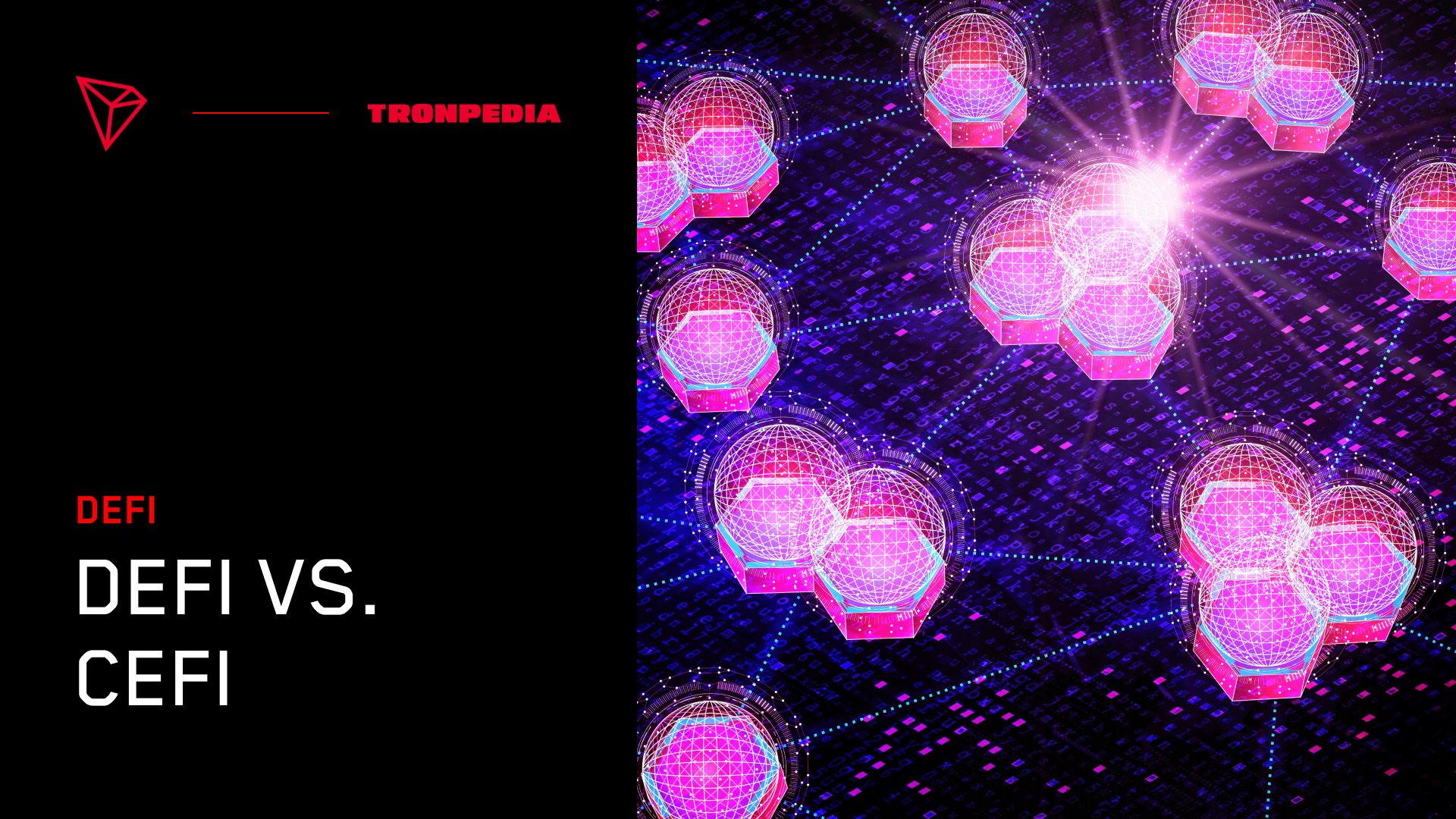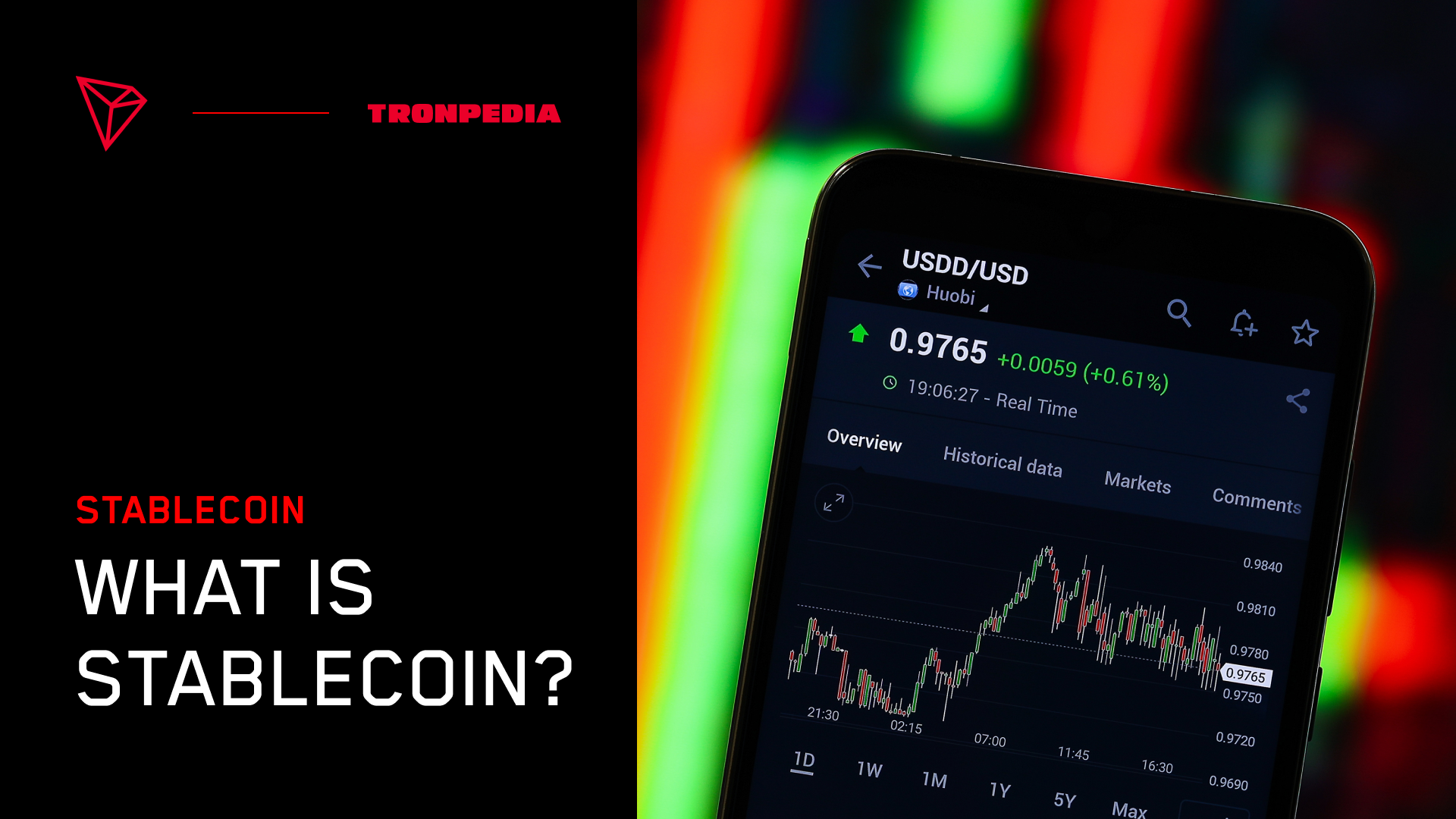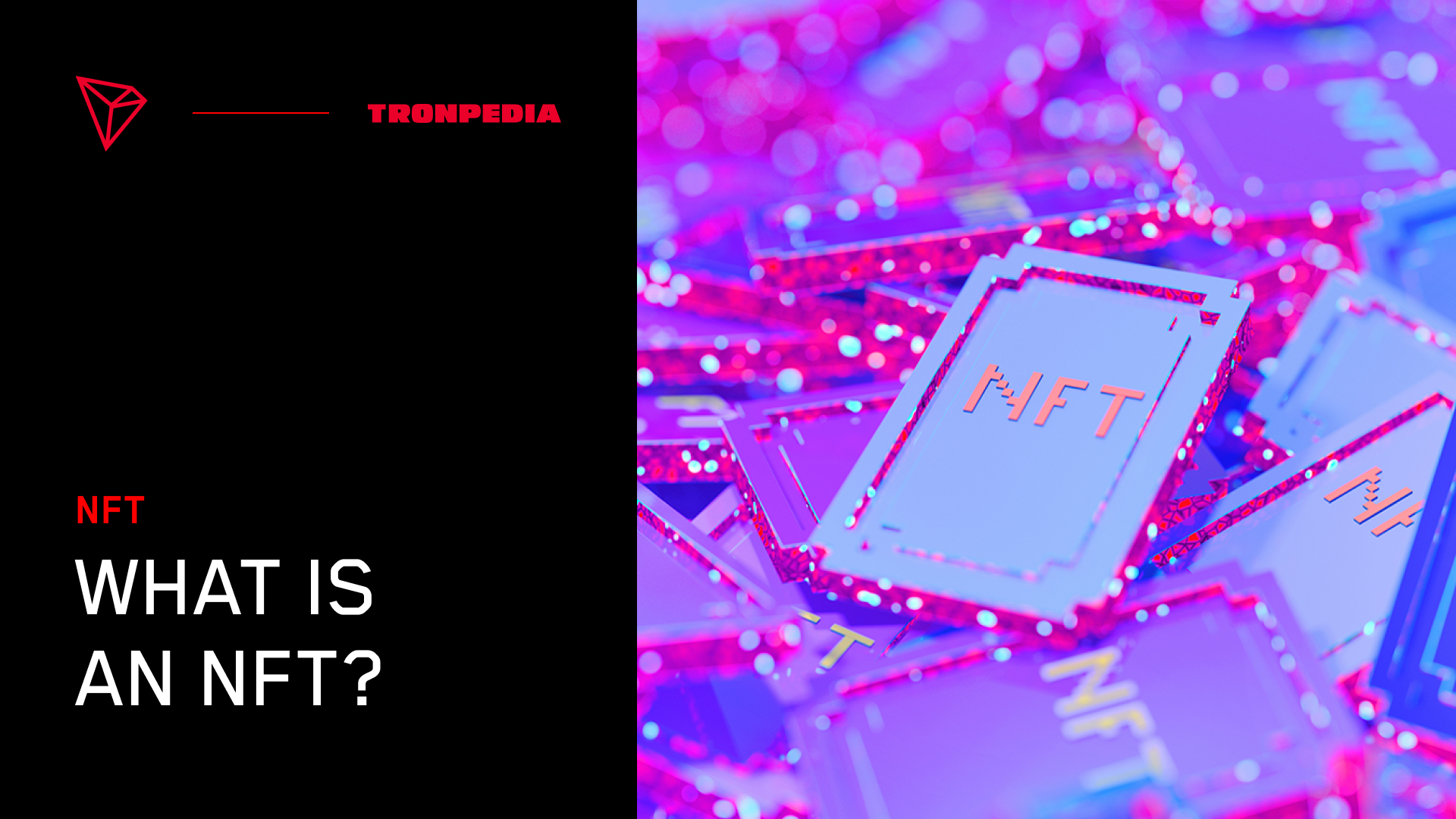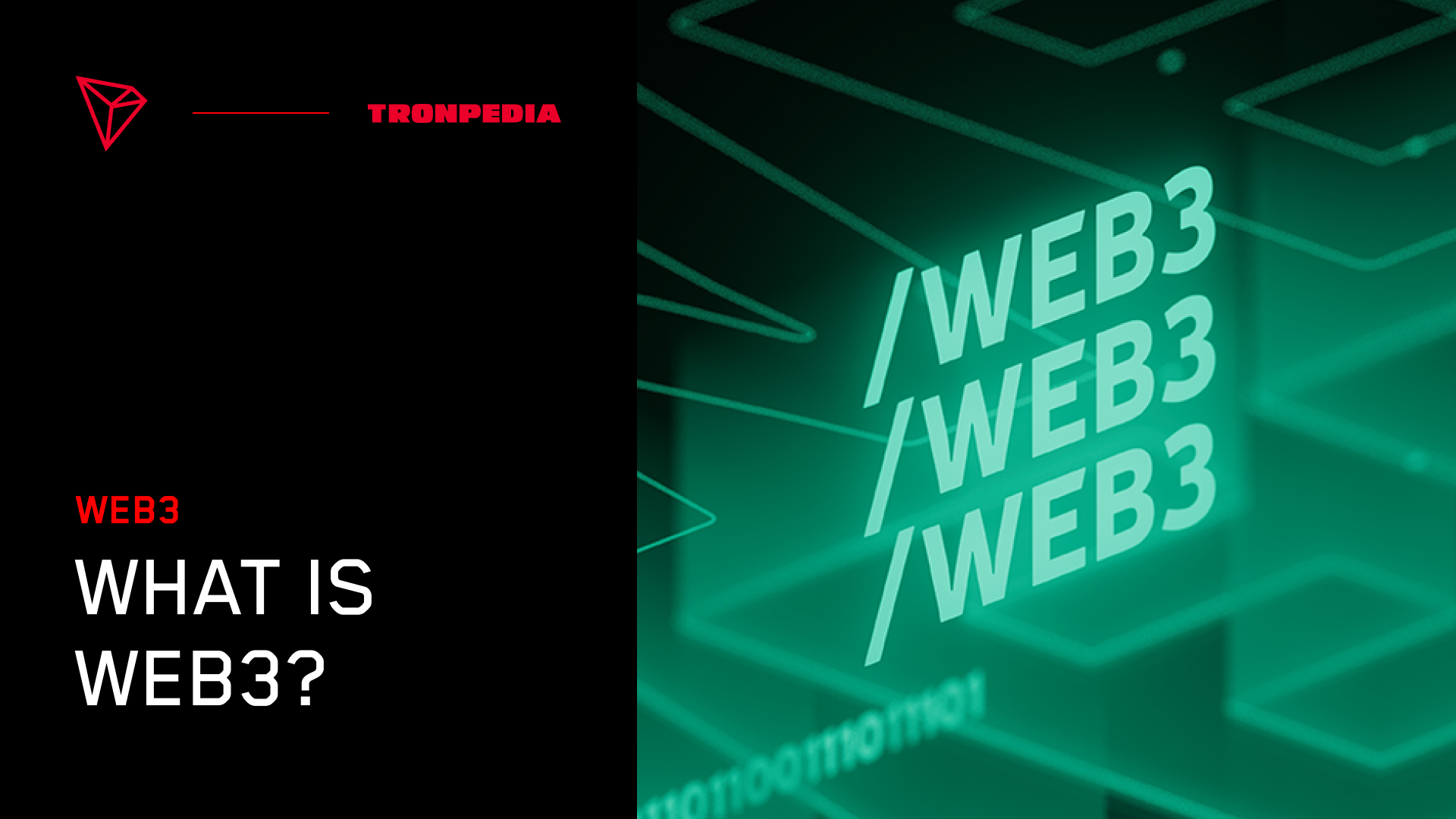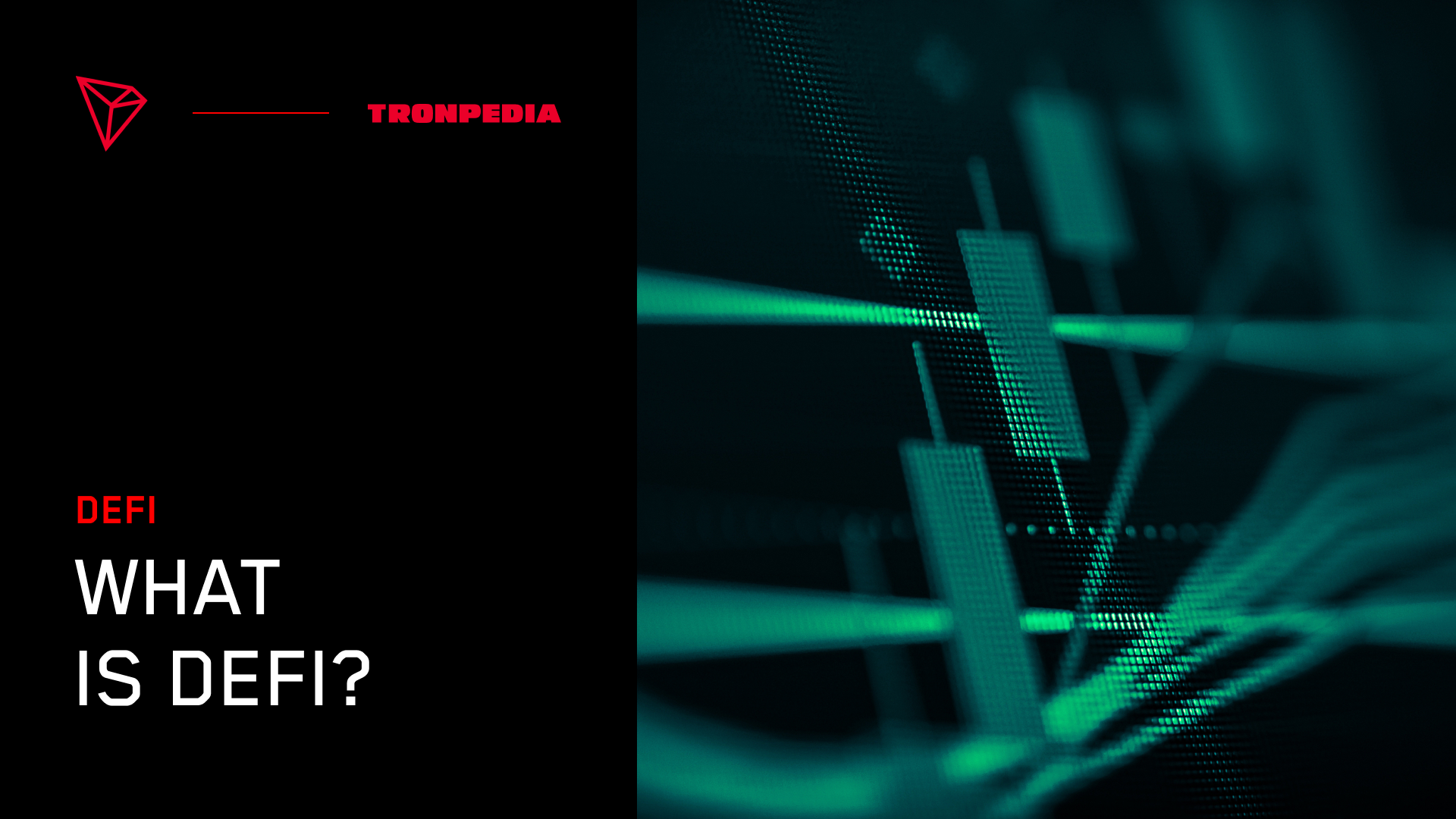The world of finance is constantly changing, but one thing is certain: the current system is far from perfect. Slow transaction times, difficulty accessing financial services, high transaction fees, and other issues plague consumers every day. Luckily, decentralized finance, or DeFi, has the potential to radically change the traditional financial landscape as we know it. This article will explore how DeFi differs from centralized finance (CeFi) and outline some of the main benefits of this new financial system.
What is CeFi?
CeFi, or centralized finance, is the traditional financial system that has been in place for centuries. CeFi relies on central authority figures such as banks and governments to control the flow of money.
These central institutions constitute a complex web of intermediaries, each playing a different role in facilitating the flow of money between parties. From banks and payment processors to exchange services and credit card companies, countless third parties are needed for financial transactions to take place. While these intermediaries provide valuable services, they also charge high fees, making the cost of moving money around the traditional financial system quite high.
For example, when you use a credit card to make a purchase, the merchant pays a fee to the credit card company, which is then passed on to you in the form of higher prices. Similarly, when you send money overseas, the bank or exchange service will typically charge a fee for their services. As you can see, the fees charged by third parties can add up quickly. Although these establishments are crucial to the CeFi system, adopting a DeFi network would completely remove them from the equation. That’s because DeFi uses peer-to-peer (or P2P) transactions to make using financial services faster, cheaper, and more secure. But what exactly does this mean?
What is DeFi and Its Advantages?
Decentralized finance, or DeFi for short, is a new way of handling financial transactions that don’t rely on centralized institutions like banks. Instead, it relies on peer-to-peer technology to facilitate transactions. This has several advantages over traditional banking, such as:
Efficiency
Since it is decentralized, DeFi is more efficient than traditional CeFi finance. The P2P system makes it possible to avoid middlemen that charge high fees to process transactions, so there are no delays or additional costs. Payments are direct and only involve two parties: you, and the person on the other side of the transaction.
Security
Since DeFi transactions are conducted on blockchain platforms, which are open and transparent, they are also highly secure.
- The distributed ledger system blockchains’ use is tamper-proof and immune to hacks, making it an ideal infrastructure for conducting financial transactions.
- Because DeFi protocols are open source, they can be audited and verified by the community. This increases transparency and helps to identify potential security vulnerabilities before they're exploited.
- Crypto assets are immutable. Crypto assets like TRON (TRX) are stored on the blockchain and can't be altered or destroyed. This makes them an ideal form of collateral for DeFi lending platforms, as there's no risk of loss or theft.
Ultimately, the combination of blockchain technology, open-source protocols, and immutable crypto assets makes DeFi one of the most secure ways to conduct financial transactions.
Complete Control
DeFi enables users to have total control over their finances. In CeFi, central authorities have a say in what happens to your money. For instance, institutions can choose to freeze accounts, charge high transaction fees, or even block access to someone’s funds altogether. With DeFi, anyone can choose to send or receive payments without having to worry about central authorities interfering.
Accessibility
Only those with bank accounts can access financial services in the traditional financial system. With many prerequisites and documents required just to open an account, billions of people worldwide are being excluded from financial services. Consequently, people who don't have a bank account often resort to expensive alternatives, such as payday loans. Thankfully, DeFi allows anyone with an internet connection to access a wide range of financial services, such as lending, borrowing, staking, and more.
Not to mention, since DeFi is accessible to anyone with an internet connection, there are no geographical boundaries or credit requirements. Anyone can use DeFi to send or receive payments, regardless of their location or economic status.
Inflation Hedge
Under CeFi, central authorities can choose to print more money as needed, which is especially common in more financially unstable countries. This is a problem that often leads to inflation, which makes money less valuable. Many DeFi tokens have a fixed supply, meaning that they are inflation-proof and not subject to the effects of policy action.
The Future of DeFi
The benefits of DeFi are clear. However, it's important to remember that this new financial system is still in its early stages. There are many unknowns and risks associated with DeFi. As the infrastructure and ecosystem around DeFi continue to develop, we believe that this new system has the potential to revolutionize our interactions with the financial system by making the way we exchange more affordable and accessible.
